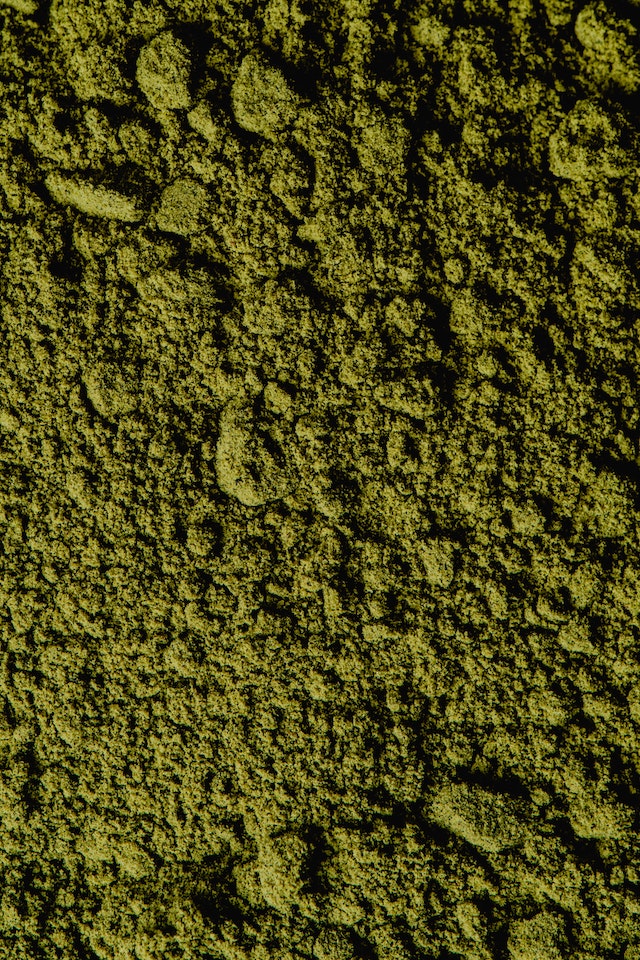Botanical Description:
Scientific Name: Chlorella spp.
Phylum: Chlorophyta
Common Names: Chlorella, Green Algae
Description: Chlorella is a single-celled green alga belonging to the phylum Chlorophyta. It is known for its microscopic size and the ability to photosynthesize. Chlorella species are found in freshwater environments, and they have a spherical shape with a diameter of approximately 2 to 10 micrometers. The green color of chlorella is attributed to the presence of chlorophyll, the pigment responsible for photosynthesis in plants. Chlorella is often cultivated for its potential health benefits and nutritional value.
Disclaimer:
This Materia Medica is provided for informational purposes only and should not replace professional medical advice. Please consult with a qualified healthcare practitioner or herbalist before using any herbal remedies.
Therapeutic Actions:
- Nutrient-Rich Superfood: Chlorella is a nutrient-dense food source, rich in vitamins, minerals, and proteins.
- Detoxification Support: Chlorella is believed to support detoxification by binding to heavy metals and aiding in their elimination from the body.
- Immune System Modulation: Some studies suggest that chlorella may have immune-modulating effects, supporting immune function.
- Antioxidant Properties: Chlorella contains antioxidants that may help neutralize free radicals in the body.
- Potential Cholesterol Management: Research indicates that chlorella may have a role in managing cholesterol levels.
Constituents:
- Chlorophyll: Chlorella is rich in chlorophyll, a green pigment with potential antioxidant and detoxifying properties.
- Proteins and Amino Acids: Chlorella contains a high percentage of proteins, including essential amino acids.
- Vitamins and Minerals: Chlorella is a source of vitamins such as B vitamins, vitamin C, and minerals like iron and magnesium.
- Nucleic Acids: Chlorella contains nucleic acids, including DNA and RNA.
- Polysaccharides: Some chlorella strains contain polysaccharides, which may contribute to immune-modulating effects.
Traditional Uses:
- Nutrient Supplement: Chlorella is often consumed as a nutritional supplement due to its rich content of vitamins, minerals, and proteins.
- Detoxification Protocols: Chlorella is used in detoxification protocols to potentially assist in the removal of heavy metals from the body.
- Immune Support: It is utilized for immune system support and modulation.
- Digestive Health: Chlorella may be incorporated into wellness plans for its potential benefits on digestive health.
- Cholesterol Management: Some studies suggest a role for chlorella in managing cholesterol levels.
Dosage and Preparation:
- Chlorella Tablets or Capsules: Commonly available in tablet or capsule form, the dosage varies based on product recommendations.
- Chlorella Powder: Chlorella powder can be added to smoothies, juices, or foods. Dosage depends on individual needs and product guidelines.
- Liquid Extracts: Some products offer liquid extracts. Dosage instructions should be followed carefully.
Cautions and Considerations:
- Digestive Sensitivity: Some individuals may experience mild digestive sensitivity when first incorporating chlorella into their diet.
- Allergies: Individuals with allergies to algae or seaweed should exercise caution and consult a healthcare professional.
- Quality and Purity: Choosing high-quality chlorella supplements is crucial to ensure purity and avoid contamination.
- Pregnancy and Lactation: Pregnant or lactating individuals should consult with a healthcare provider before using chlorella supplements.
Conclusion:
Chlorella, celebrated for its nutritional richness and potential health benefits, holds a unique place as a green alga in the world of supplements. Its capacity to provide a wide array of nutrients, coupled with its potential roles in detoxification and immune support, makes it a popular choice among health enthusiasts. As with any supplement, it’s essential to consider individual health conditions, potential interactions, and product quality. Incorporating chlorella into a balanced and varied diet, under the guidance of a healthcare professional, can be a strategic step toward overall well-being.





